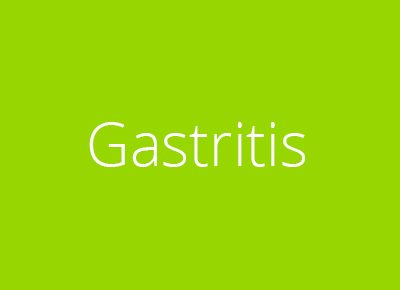What is it?
Gastritis is an inflammation of the lining of the stomach.
What causes gastritis?
The most common causes are medications such as aspirin of NSAIDs, alcohol, smoking, stomach infections such as Helicobacter pylori bacteria or loss of the protective layer of the stomach lining
Less common causes are eating or drinking caustic or corrosive substances, bile reflux, autoimmune disorders, excess stomach acid of viral infection
What are the symptoms?
Symptoms include abdominal pain or indigestion, loss of appetite, nausea, vomiting, vomiting blood or coffee-ground like material, or bowel movements that produce dark stools. Acute gastritis may also be accompanied by hiccups.
How is it diagnosed?
Tests vary depending on the specific cause. Your physician may advise you to have an upper GI X-ray, endoscopy (a thin, flexible scope is inserted through the mouth into the stomach), biopsy or blood tests.
How is it treated?
Depending on the cause, some cases of gastritis will resolve over time without treatment.
For others, antacids or other medications are needed to decrease or neutralize stomach acid, eliminate symptoms and promote healing
Are there any complications?
Patients with gastritis may be at risk for developing stomach ulcers.
In cases where gastritis is caused by H. pylori bacteria there may be an increased risk of stomach cancer or lymphoma
